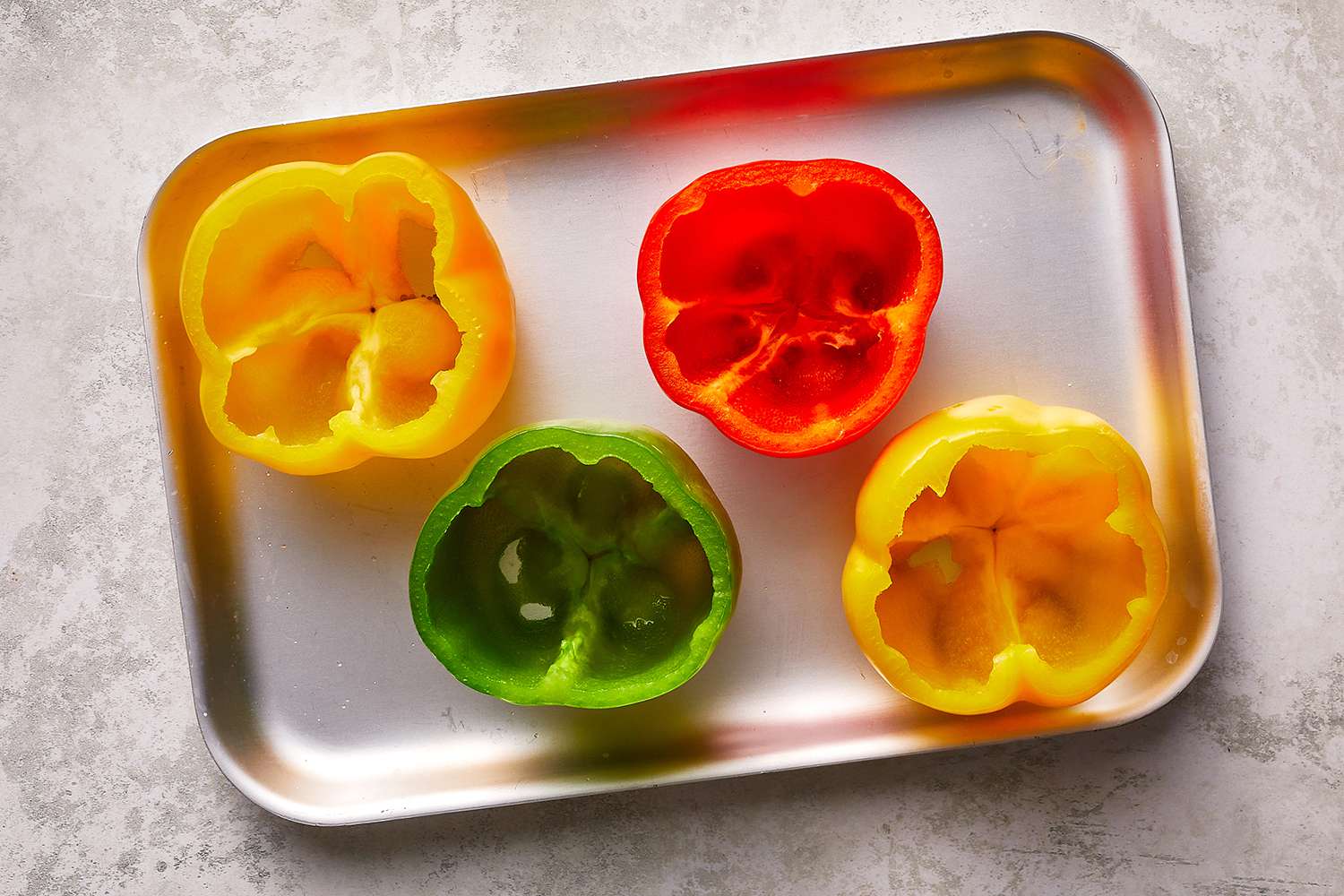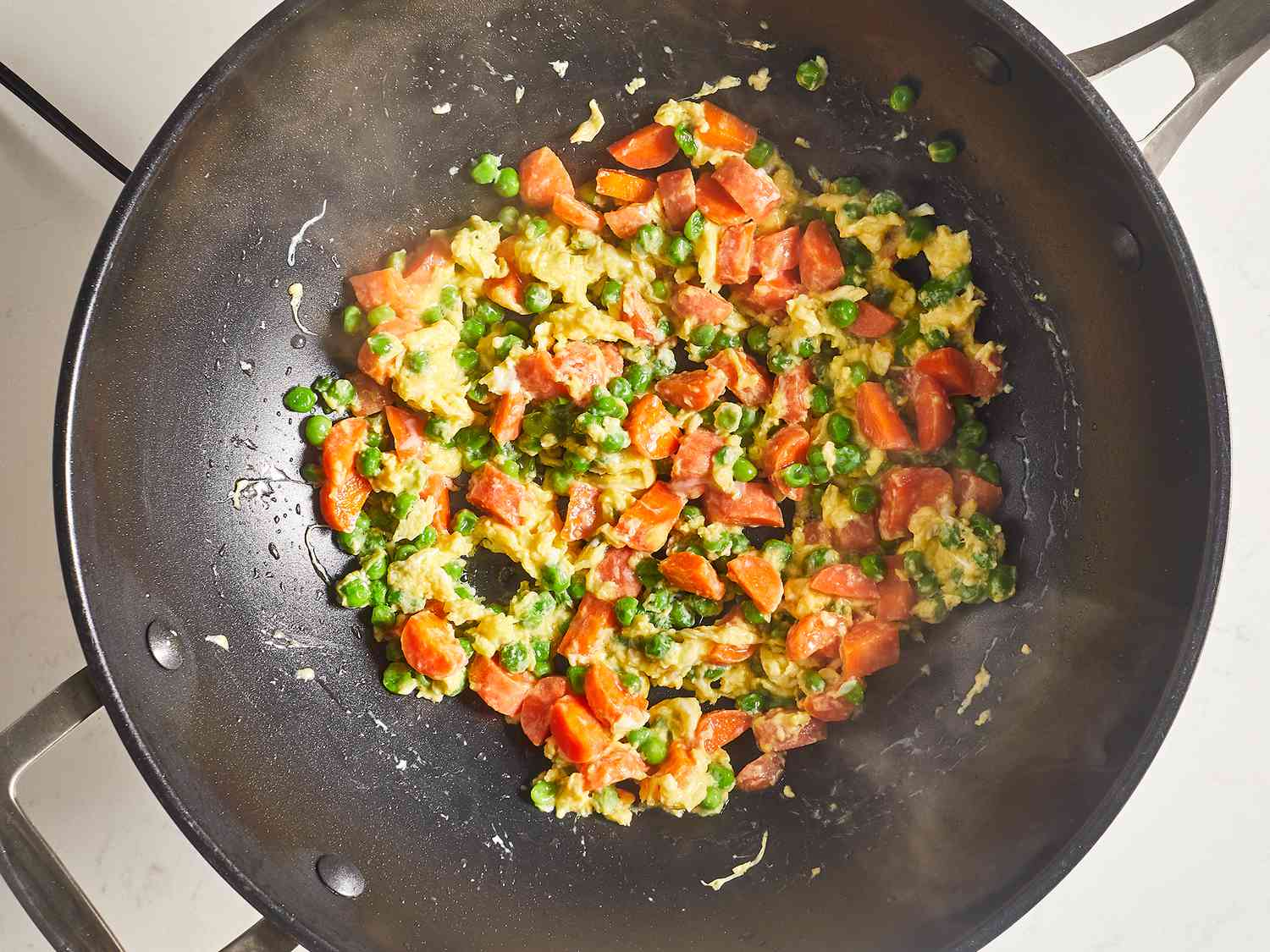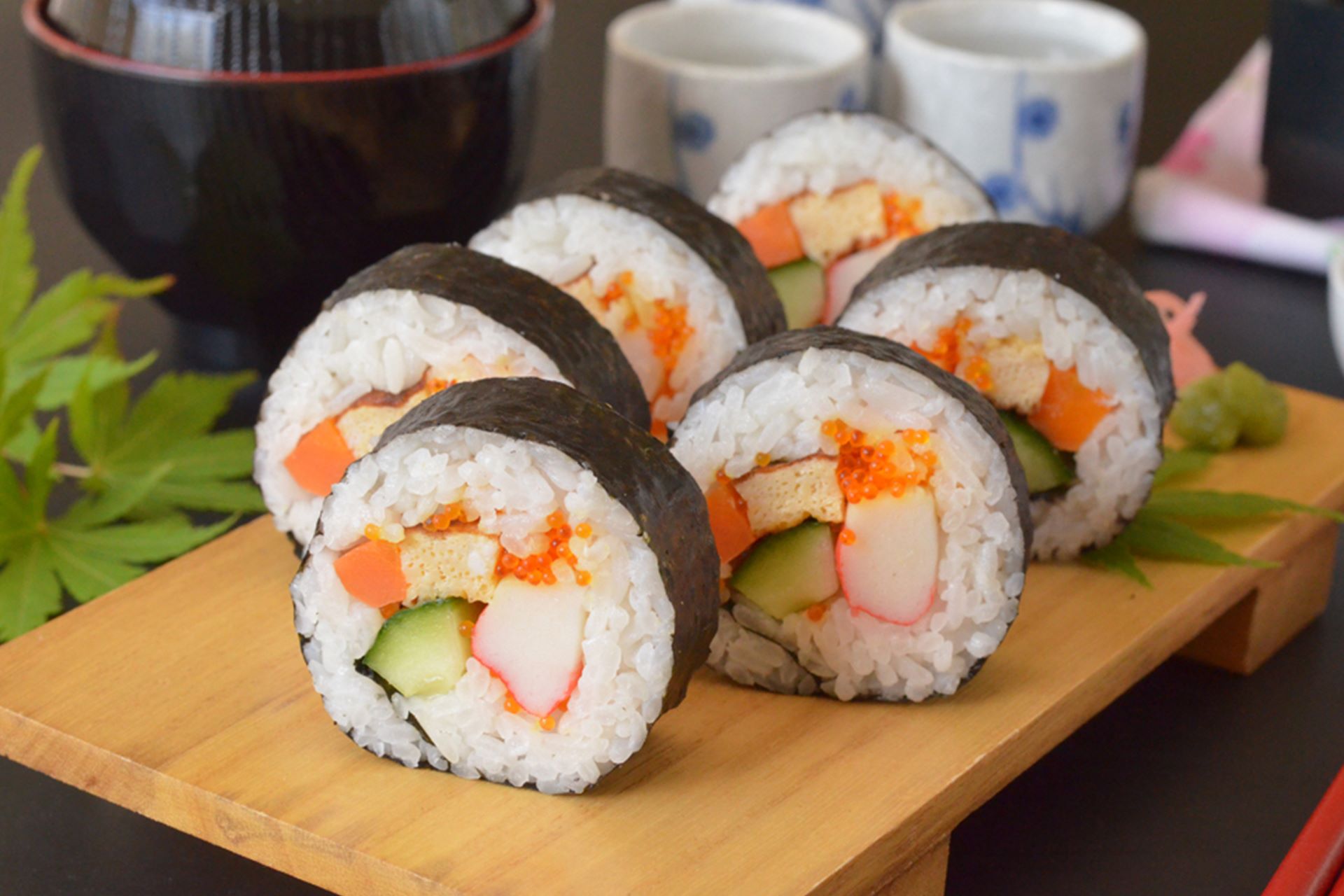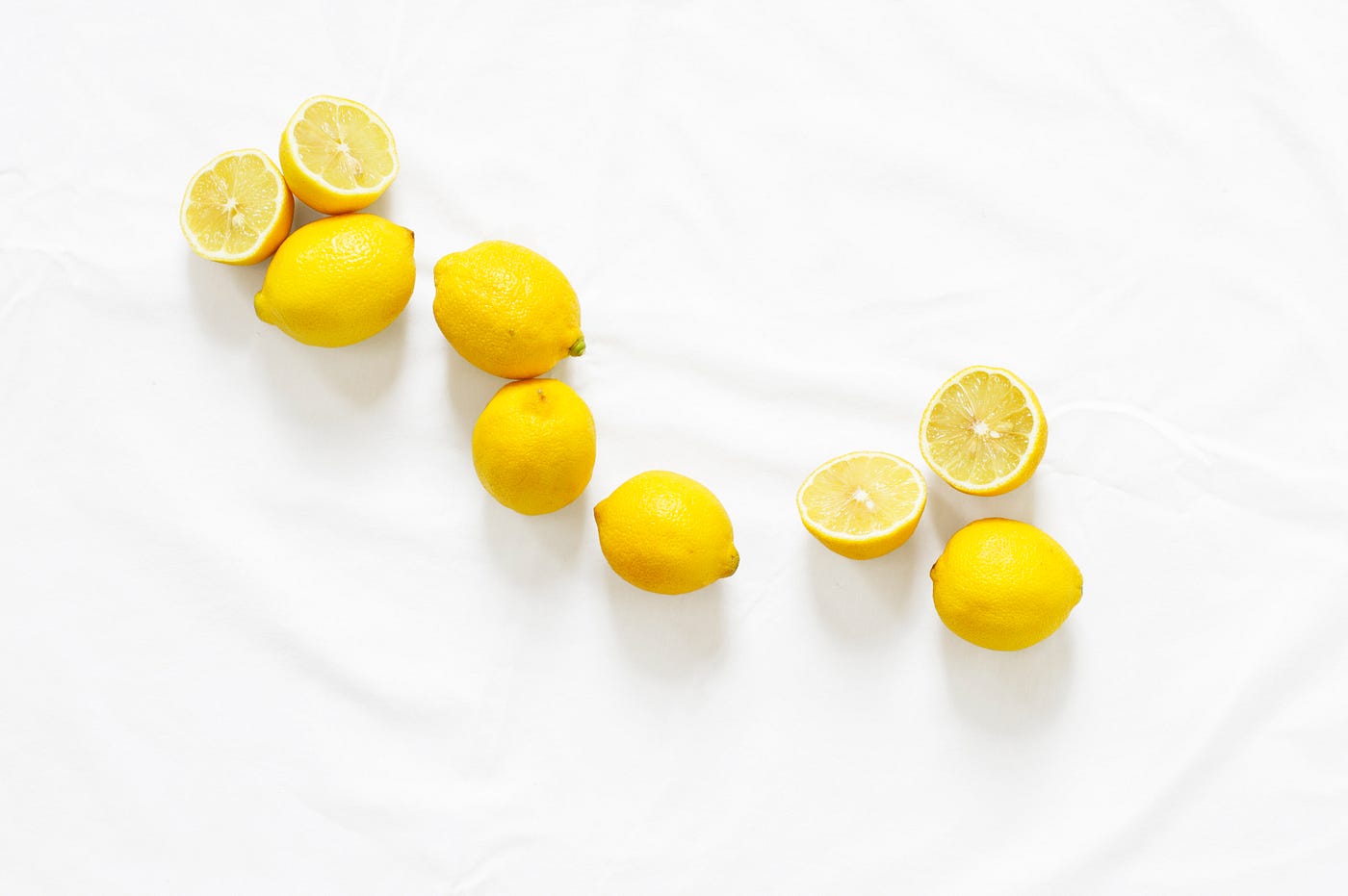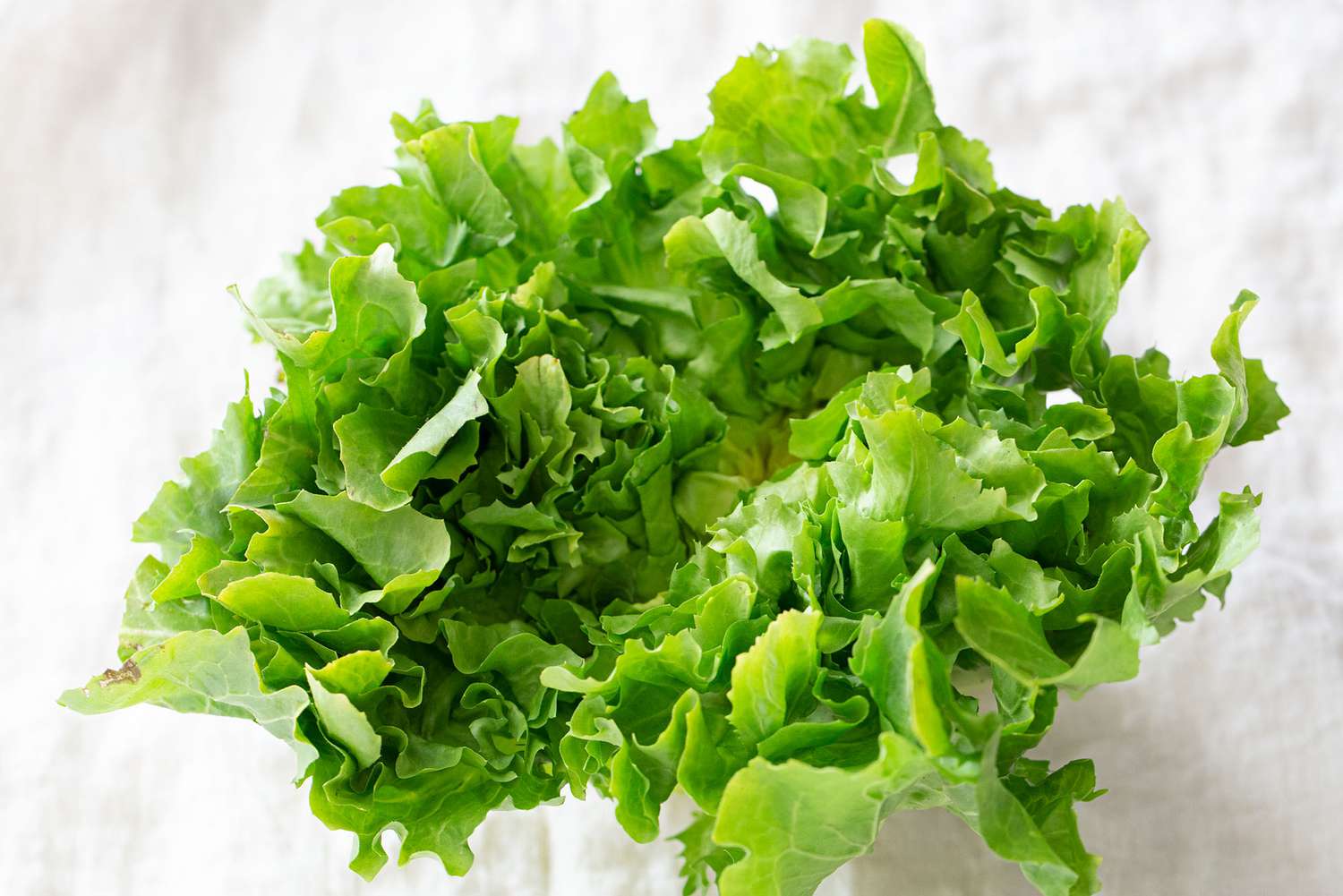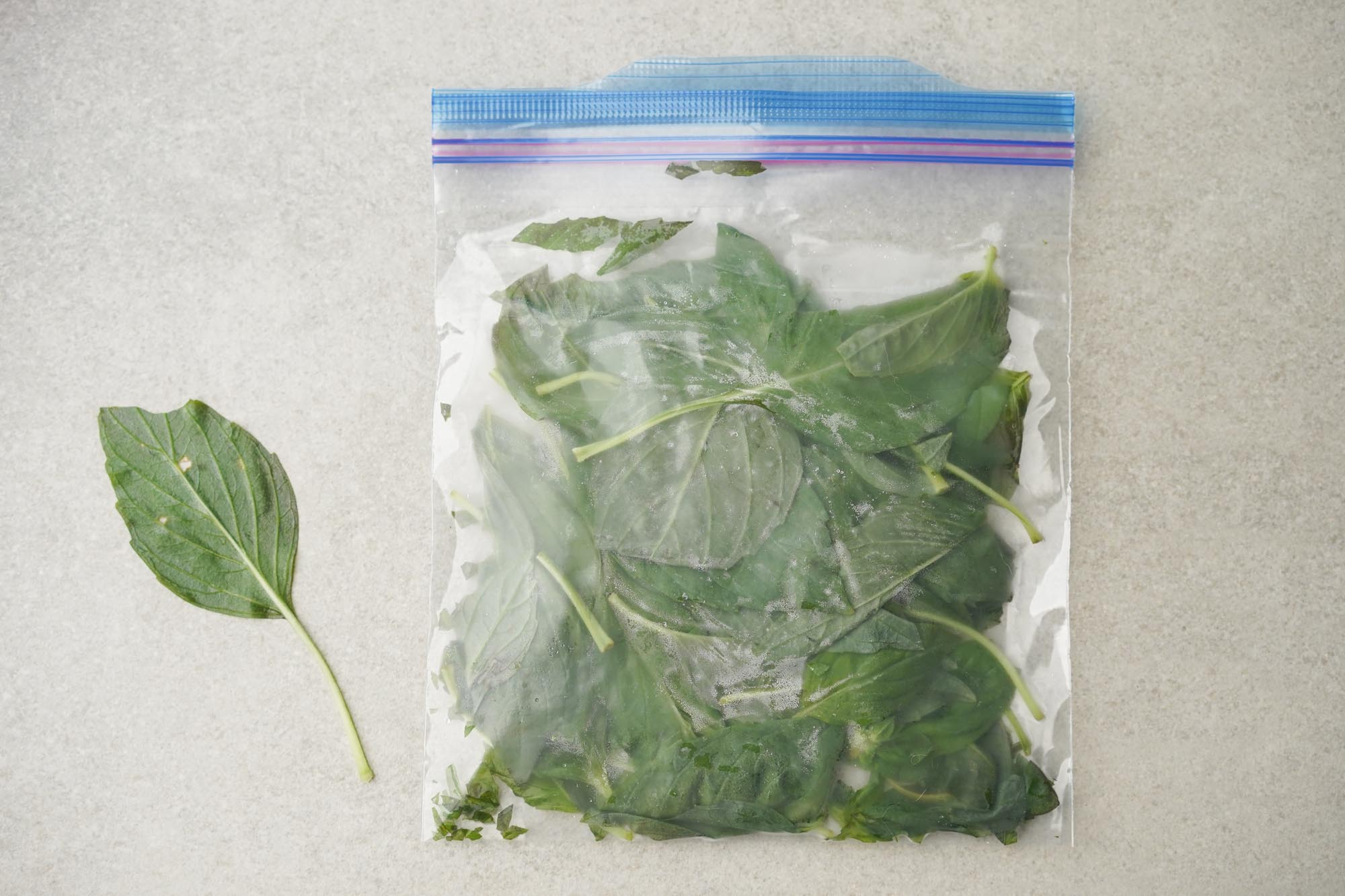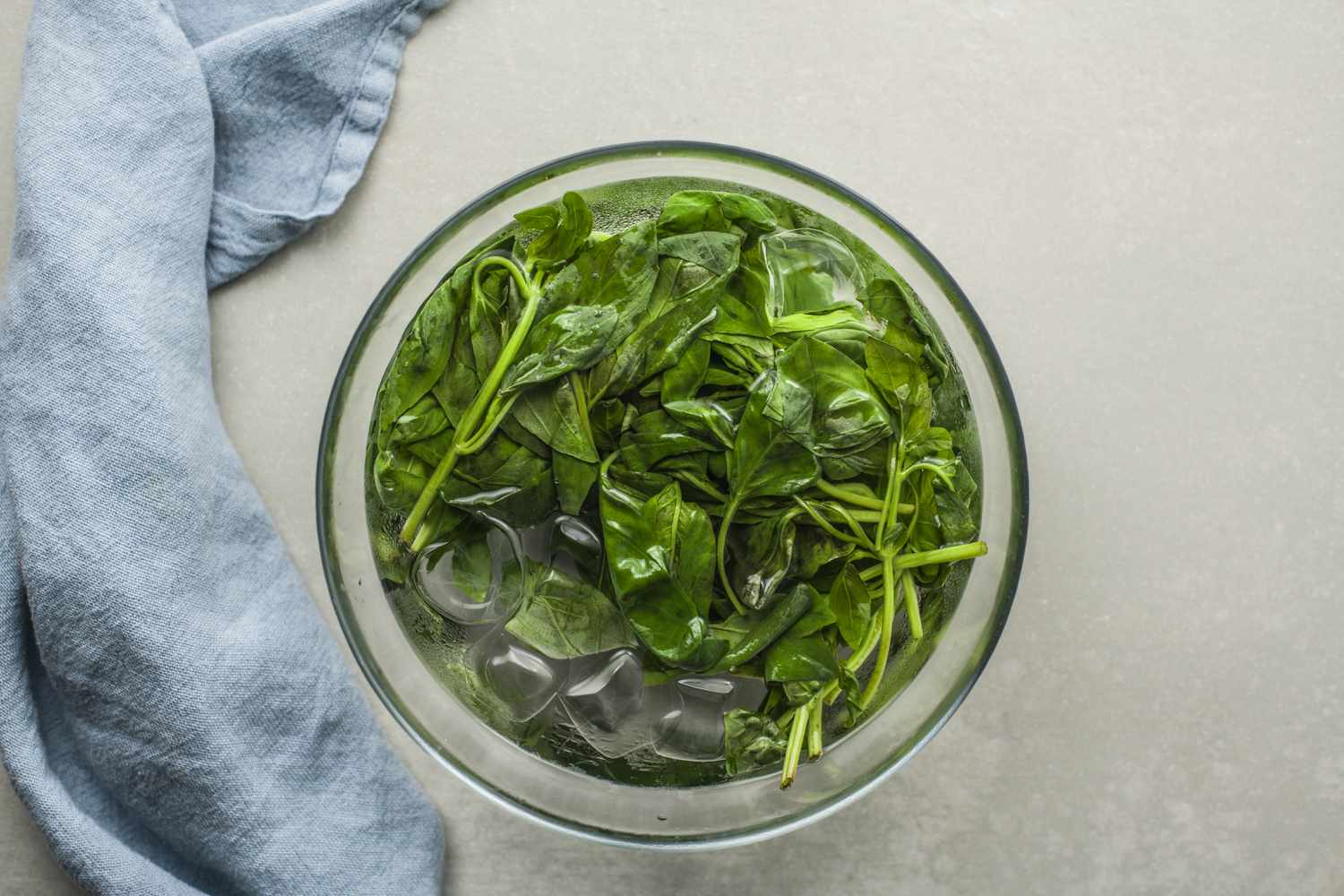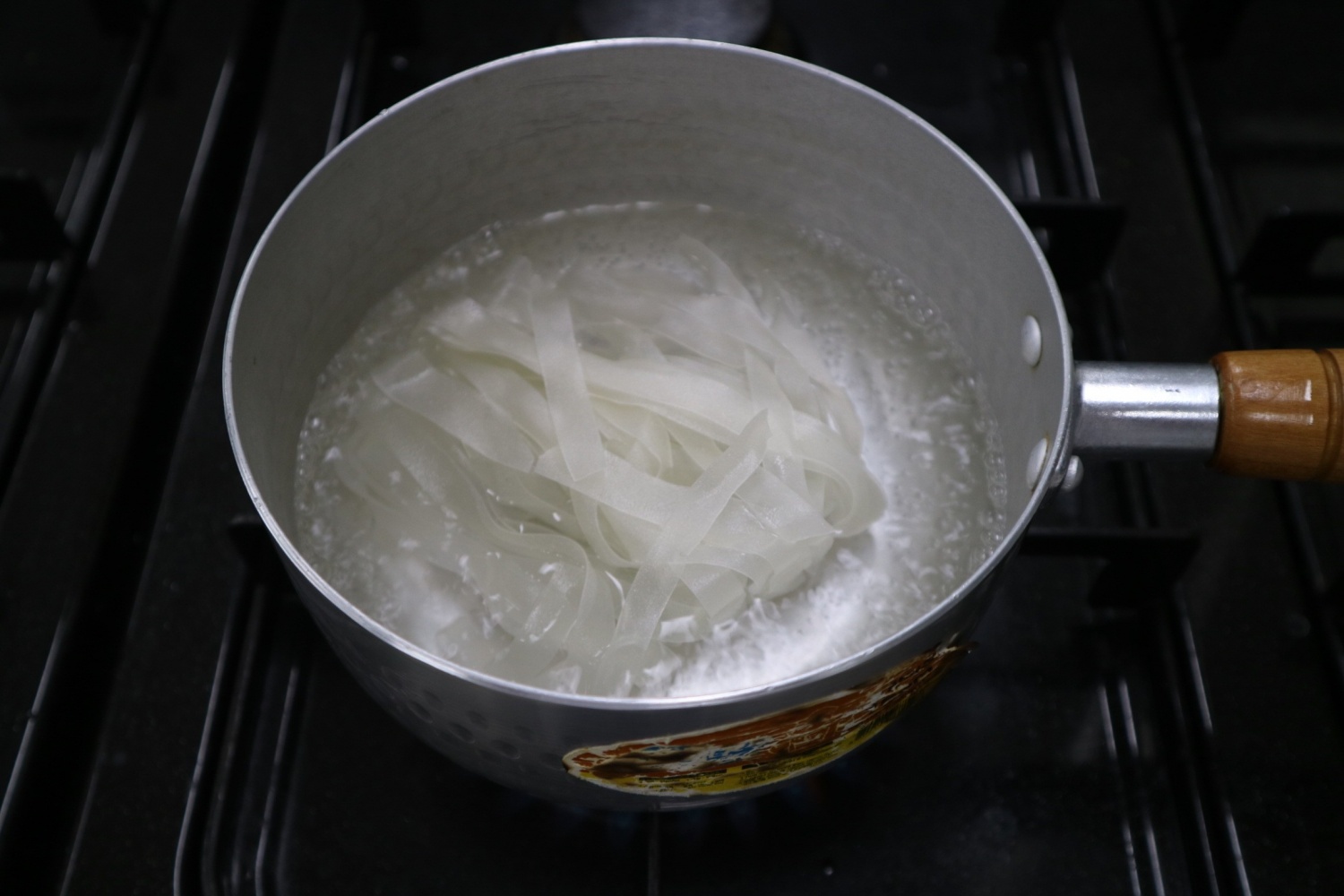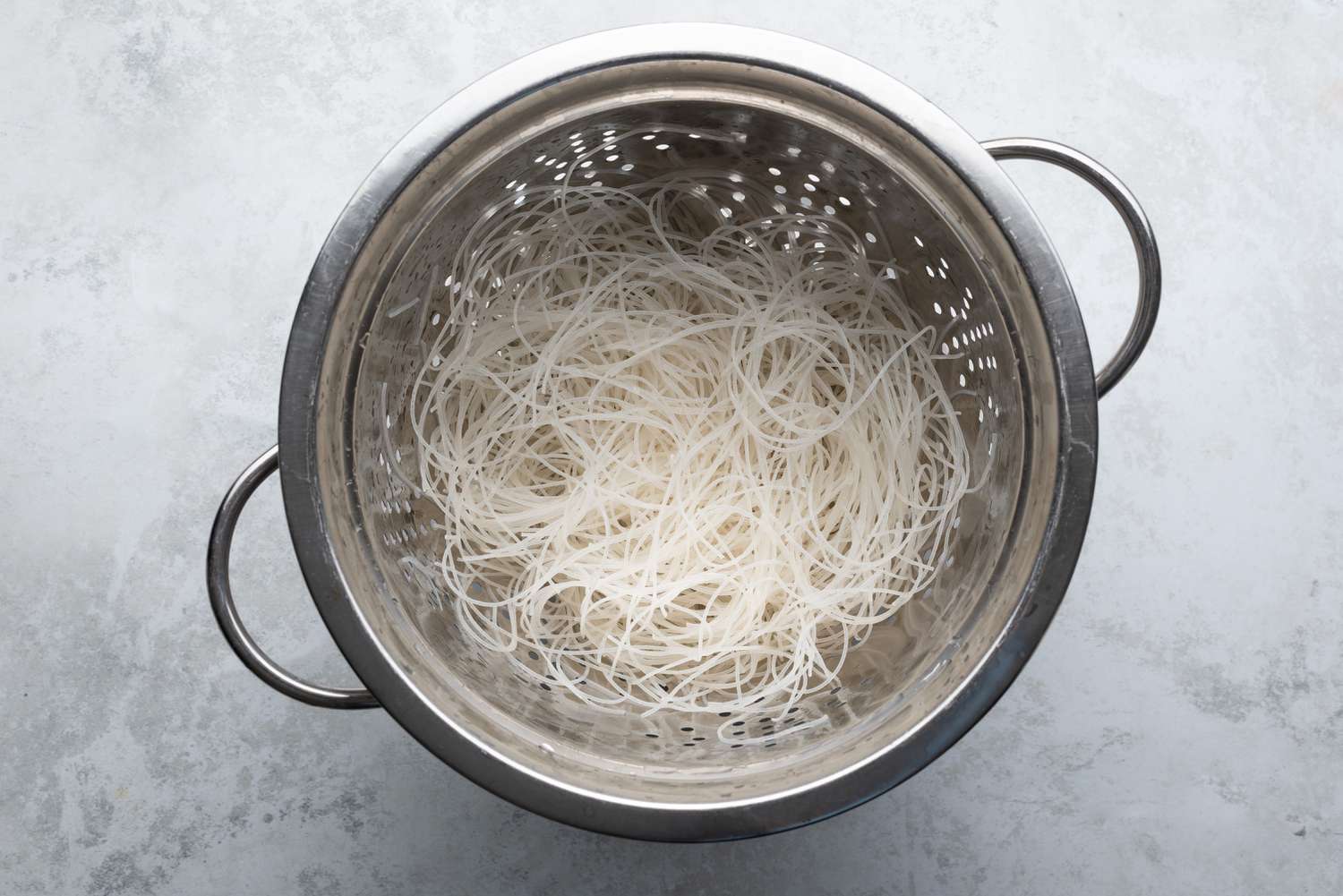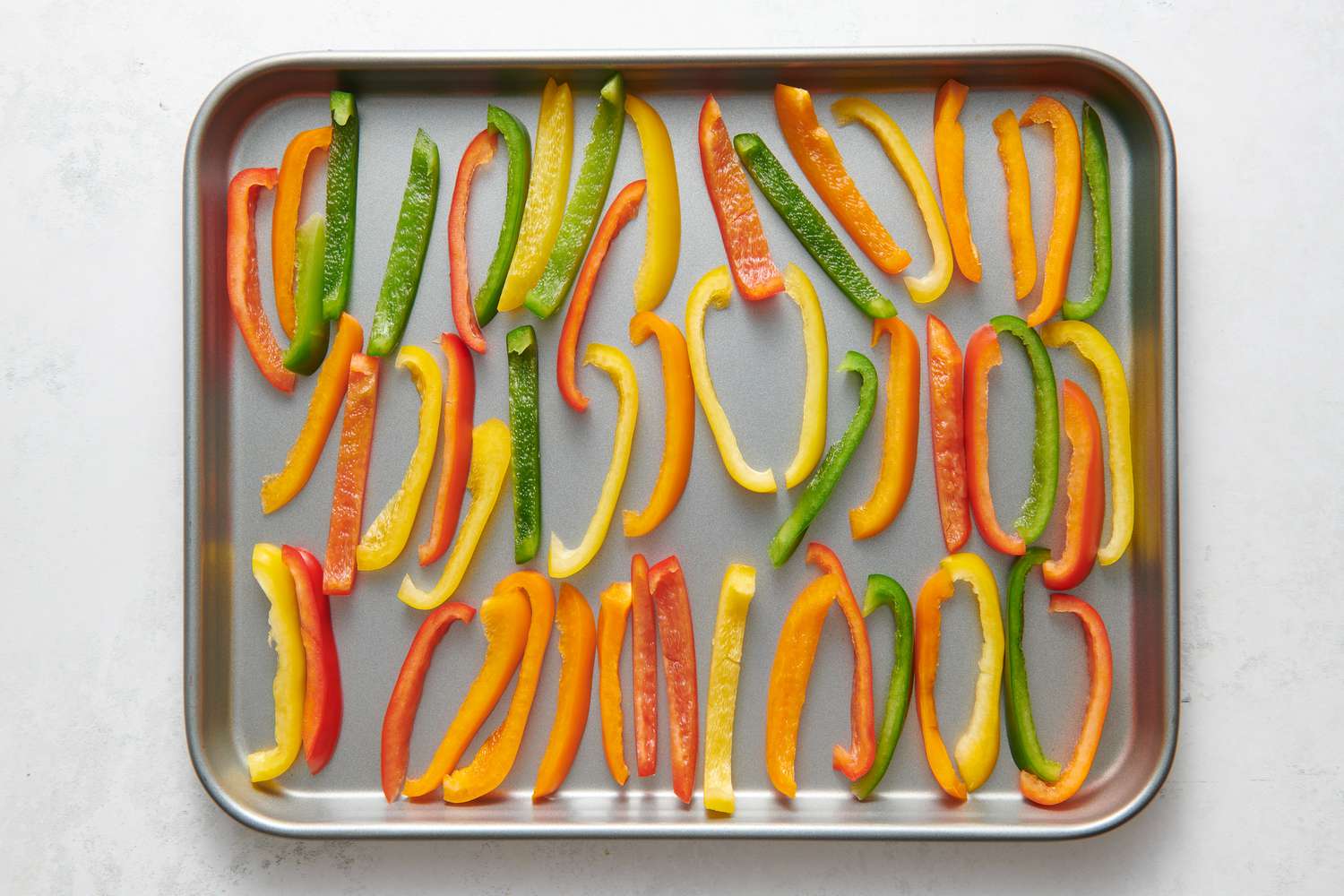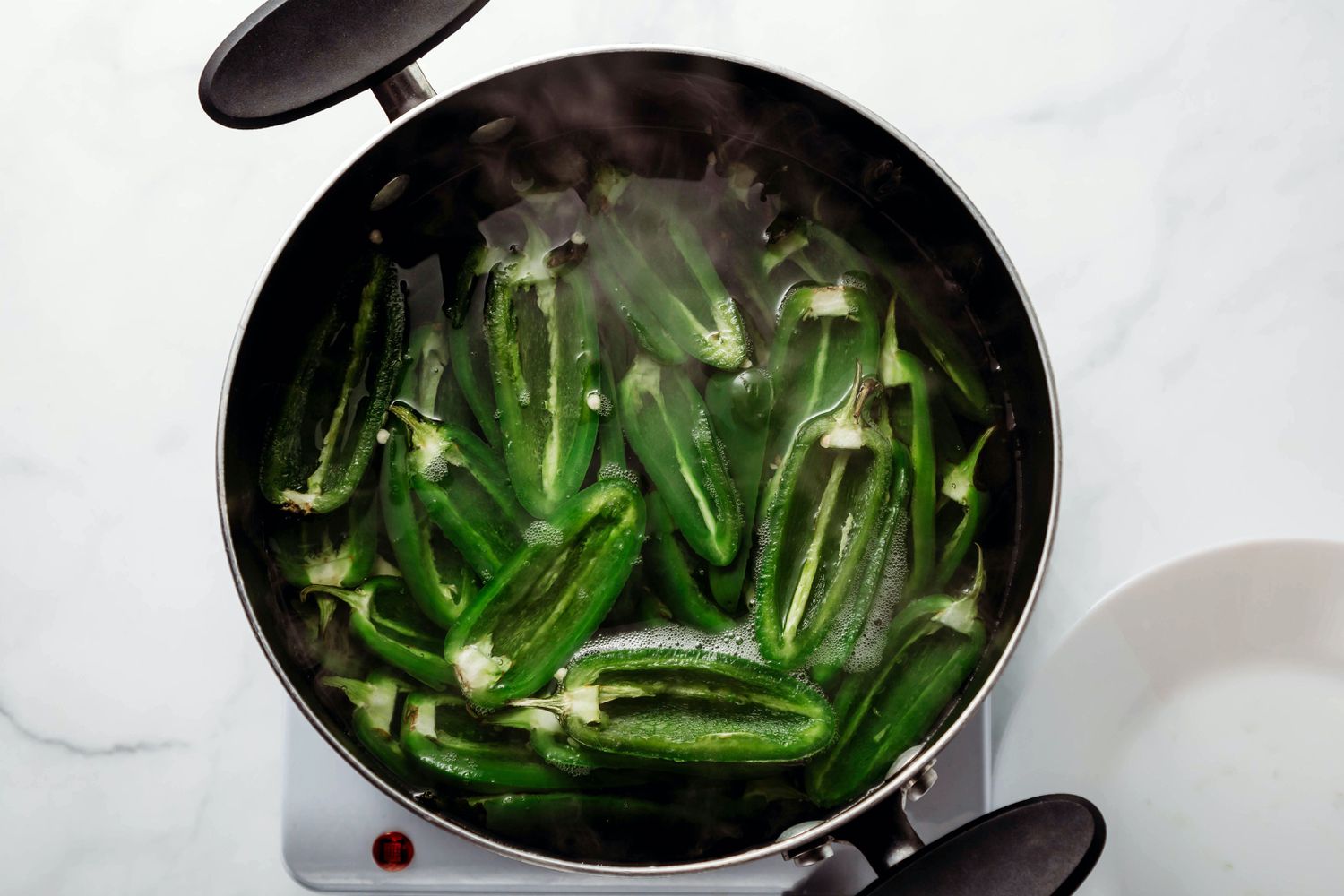Blanching an orange, a simple yet transformative kitchen technique, often goes overlooked. This process, involving briefly boiling and then plunging the fruit into cold water, does wonders. It softens the peel, making it easier to remove, and reduces bitterness, enhancing the orange's natural sweetness. Ideal for recipes requiring a smoother, more refined citrus flavor, blanching is a skill worth mastering. Whether you're preparing a delicate dessert, infusing a rich sauce, or simply seeking to elevate your culinary creations, understanding how to blanch an orange is a step towards more flavorful, sophisticated dishes.
Essential Ingredients for Blanching an Orange
- Fresh oranges
- Water
- Ice cubes
- Large bowl
- Slotted spoon
- Sharp knife
Must-Have Tools for Perfectly Blanched Oranges
- Sharp knife
- Cutting board
- Medium saucepan
- Slotted spoon
- Bowl of ice water
Blanching an orange involves boiling water, immersing the fruit for about 30 seconds, then plunging it into ice water. This process softens the peel, making it easier to remove.
The Art of Blanching: Why It’s Essential
Blanching an orange is a simple technique that involves briefly boiling fruit then plunging it into cold water. This process softens the peel, making it easier to remove. Additionally, blanching reduces bitterness, enhancing the fruit's natural sweetness and making it more palatable for various culinary uses.
By blanching oranges, chefs can also prepare them for further cooking or preservation. This method helps in breaking down the fruit's cell walls, allowing flavors to meld more seamlessly in dishes. It's a crucial step for creating smooth, vibrant orange-based sauces, jams, or garnishes without the harsh, bitter undertones.
Your Step-by-Step Guide to Blanching Oranges
-
Select fresh oranges: Choose firm and brightly colored oranges without any soft spots or blemishes.
-
Wash thoroughly: Rinse the oranges under cold running water to remove any dirt or pesticides.
-
Prepare boiling water: Fill a large pot with water and bring it to a rolling boil over high heat.
-
Score the oranges: Using a sharp knife, make four shallow cuts along the top of each orange, dividing it into quarters but only cutting through the peel, not the fruit itself.
-
Blanch the oranges: Carefully place the scored oranges into the boiling water. Let them boil for about 1 minute to loosen the skin.
-
Prepare an ice bath: While the oranges are boiling, fill a large bowl with ice water.
-
Cool the oranges immediately: Using a slotted spoon, transfer the boiled oranges from the pot to the ice bath. Leave them in the ice water for a few minutes until they are completely cooled.
-
Peel the oranges: Start peeling the oranges from the top where the scores were made. The skin should come off easily in large pieces if blanched properly.
-
Remove any remaining pith: If any white pith remains on the fruit, gently scrape it off with a knife. This part is bitter and usually not desired.
-
Use as needed: Your blanched oranges are now ready to be used. They can be sectioned, chopped, or used whole in various dishes.
Mastering the Art of Orange Blanching
Blanching oranges, a simple yet transformative technique, elevates both the flavor and presentation of dishes. This method, involving briefly boiling and then plunging the fruit into ice water, softens the peel, making it easier to remove and also mellows the bitterness, enhancing the natural sweetness of the orange. Perfect for adding a zesty flair to salads, desserts, or even as a standalone treat, blanched oranges offer a versatile ingredient that can brighten up your culinary creations. Remember, practice makes perfect. So, don't shy away from experimenting with blanching times to achieve the perfect texture and flavor balance for your dishes. With each orange you blanch, you'll be one step closer to mastering this essential kitchen skill, unlocking a world of vibrant, citrus-infused possibilities.
All Your Questions About Blanching Oranges Answered
Why would someone want to blanch an orange?
Blanching an orange can do wonders for your cooking and baking projects. This process softens the fruit, making it easier to peel, and reduces its bitterness, perfect for recipes that call for a smoother, more refined citrus flavor.
What's the first step in blanching an orange?
Kick things off by scoring the orange. Use a sharp knife to make shallow cuts around the top and bottom of the fruit, then connect those cuts with vertical lines. This technique helps the peel come off in a jiffy after blanching.
How long does the orange need to stay in boiling water?
Dunk the scored orange into boiling water for about a minute. You're not cooking it through, just giving it a quick heat shock. This step loosens the skin and starts the process of mellowing the bitterness.
Is there a cooling process involved after blanching?
Absolutely! Once you've given the orange its hot bath, plunge it into ice water. This stops the cooking process right in its tracks, ensuring the fruit's texture remains perfect for your culinary creations.
Can I blanch multiple oranges at once?
Sure thing! If you've got a big pot of boiling water, you can blanch several oranges simultaneously. Just make sure there's enough room for them to bob around without crowding each other. Crowded oranges might not blanch evenly.
What should I do with the orange after blanching?
Once cooled, peel off the skin. It should come away easily, thanks to your scoring and blanching efforts. From there, you can use the orange in whatever dish you're whipping up, enjoying its softened texture and toned-down bitterness.
Does blanching an orange affect its nutritional value?
Blanching does cause a slight loss of vitamin C and other water-soluble nutrients, but it's minimal. Plus, the enhanced flavor and texture might encourage you to use oranges more often, balancing things out.
